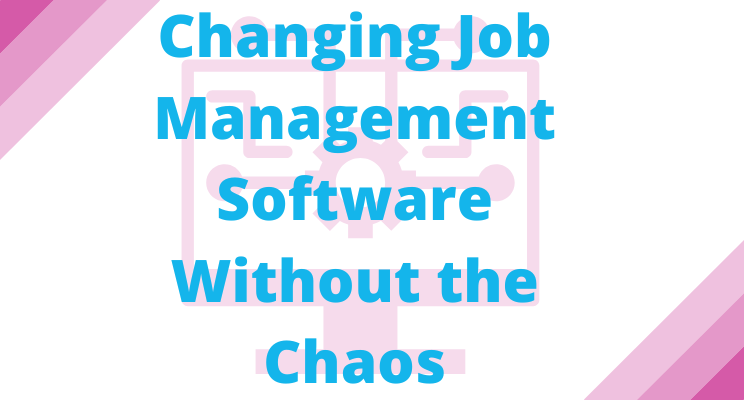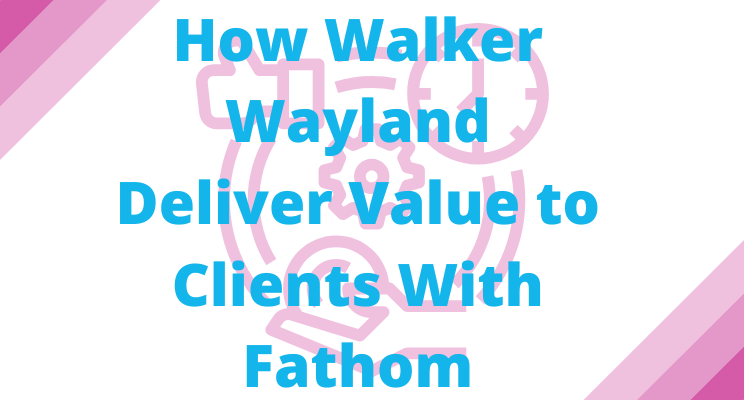Ultimately not failing is a success metric, but if we flip it, we can learn from failure.
This is an extremely broad term. Success for a ‘founder’ of a startup will look like an exit, and more often than not a 10x return on investment. Founder Success is all driven by actually getting an exit of some description, be that listing, trade sale or wrap up, but in real terms it’s actually being able to have some liquid cash for the many many years of hard work.
If the panel isn’t specific to startups (founder is generally looking at startups not general small businesses), then success needs to be defined by the aim. All too often people have a pre-conceived idea of what success looks like without actually having a starting point. What we normally try to teach clients is to ‘define success’. Is 25% profit what you want? And what if that was 20% because you paid a manager but you only worked 3 days per week? Does 25% in dollar terms allow you to get to the end outcome you are looking for?
For a bootstrapped startup, there are two kinds of success, lifestyle and those that want to scale.
For the lifestyle bootstrapped startup their financial success is dividends and salaries so they can lead the life they want.
For the bootstrapped startup that wants to scale, they typically start with their own funds, loan money from the bank. They want to win the market and sell.
For venture backed startups the market has changed to focus on sustainability mixed with growth.
Initially, the goal is to achieve very high growth rates (100% or more). This is typical in the early stages when the company is expanding rapidly.
As the company matures and growth rates begin to slow, the focus shifts to reaching a break-even point where revenues cover expenses. This indicates that the company is becoming self-sustaining.
The ultimate financial goal for many venture-backed companies is the “exit.” This can be an initial public offering (IPO) or a sale of the company. Alternatively, a secondary share sale can occur, where existing investors sell their shares to new investors. These events are crucial as they provide a return on investment for the venture capitalists and early investors.
Venture-backed companies typically aim for significant valuations.
Note: I was asked to research this topic for a panel session. I reached out to a number of founders and asked them for their input and insights, which I have weaved into this response. It is all not neccesarily my thoughts.






